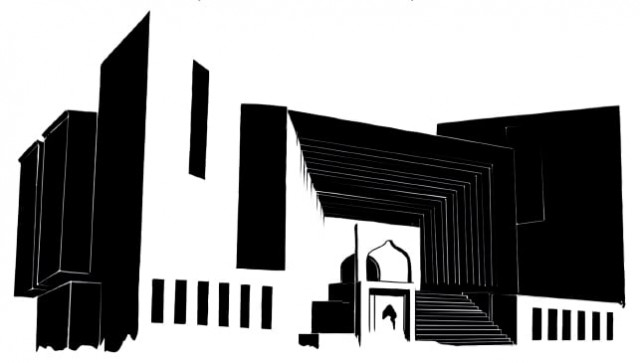Judging the judges
The controversy over the so-called PCO judges creates a cloud of doubt

One of these is the issue of judges who had taken oath under previous PCOs. As the counsel for two of the judges who had petitioned against the contempt order noted, this included virtually every judge making up the apex court. Our history is laden with examples of oaths taken under PCOs, most often to serve the needs of dictators. There is also the issue of how a judge can be removed, with lawyers representing the ‘restrained’ judges arguing that in constitutional terms, only the Supreme Judicial Council can remove a judge.
The case creates a new cloud of doubt. Queries have been raised about the impartiality of courts, and the need to protect the dignity of judges has been stressed. The issuance by the discharged chief justice of the Peshawar High Court of an order summoning four SC judges had threatened to pit judges against each other. The possibility of this happening has not as yet been totally dispelled. Perhaps, more than anything else, we, as a country, need a judiciary that is regarded as being completely above board and is capable of granting people access to justice. Even though the Chief Justice speaks with logic when he points out that past wrongs need to be corrected, the method of going about this needs to be above board and as far above controversy as possible. This can be achieved only by sticking to the clauses of the Constitution, abiding by what they lay down both in letter and in spirit and doing everything possible to build the faith of the people in the judiciary as an institution devoted to upholding the law but steering clear of matters that could be said to lie beyond a belt of stormy waters.
Published in The Express Tribune, February 20th, 2011.













COMMENTS
Comments are moderated and generally will be posted if they are on-topic and not abusive.
For more information, please see our Comments FAQ